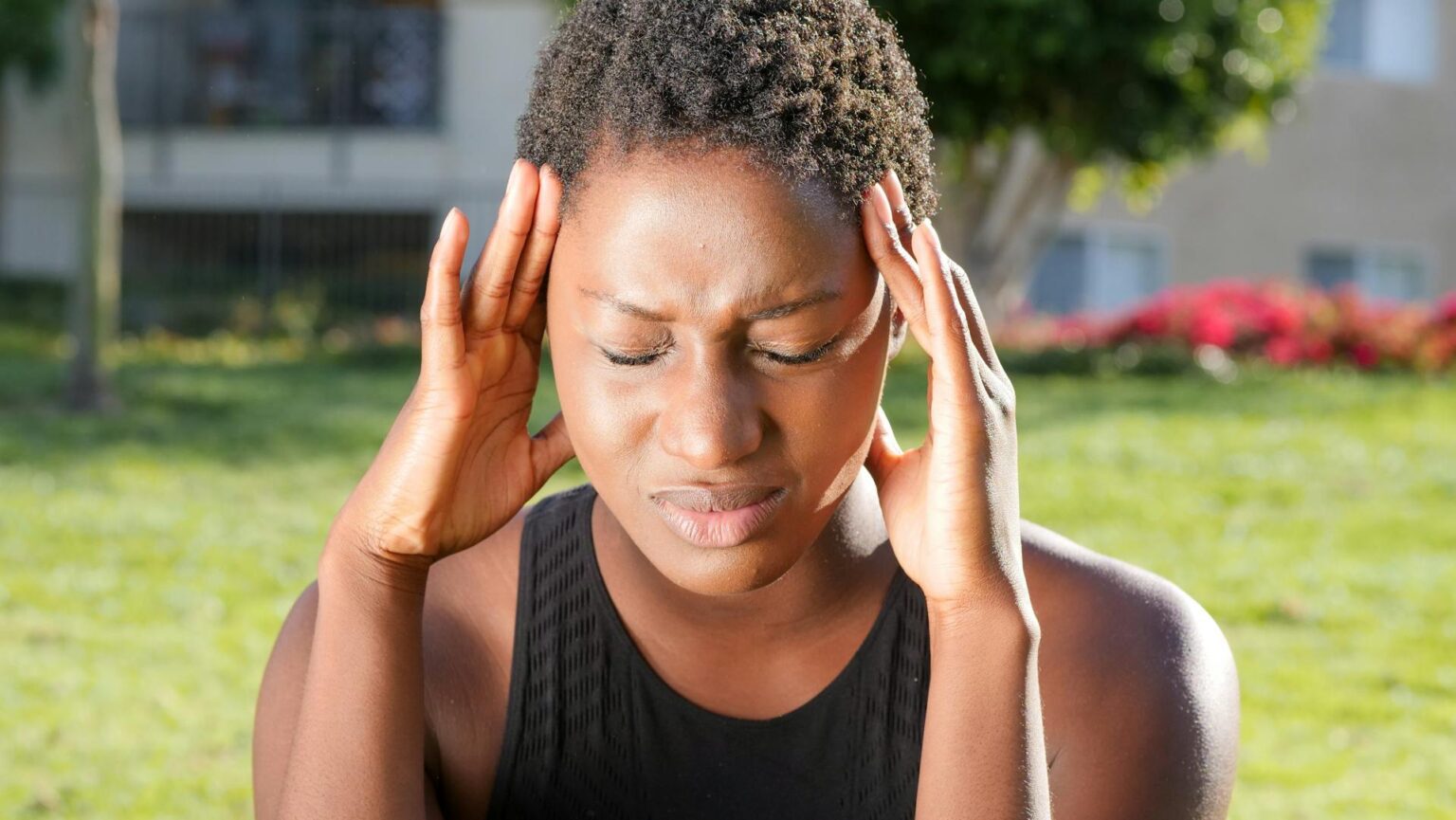Many people find that tinnitus appears louder or more noticeable when lying down, making it incredibly difficult to sleep. While there are several possible causes, the primary reason is often linked to your perceptions of tinnitus and your sleeping position, with multiple options to try and gain relief.
In most cases, we lie down to take a nap or when settling down for the evening, without the everyday noise and distractions that help to lessen the focus on tinnitus during the day. A quiet sleep environment is optimal for relaxation but less ideal for tinnitus sufferers who find the noises become more disruptive.
Since tinnitus is audible only to the sufferer and not to anybody around them, it can be tricky to explain the impacts and how exacerbated symptoms can cause disturbed sleep, insomnia and more serious health impacts after extended periods of insufficient rest.
Let’s clarify some of the reasons your tinnitus flares up when you lie down and how to prevent this.
Key Takeaways
- Increased Perception of Tinnitus – Tinnitus appears louder when lying down in a quiet sleep environment due to the absence of daytime noise and distractions.
- Blood Flow and Inner Ear Pressure – Changes in blood flow and inner ear pressure when lying down can amplify tinnitus sounds; using extra pillows or changing sleeping positions can help.
- Stress and Anxiety – Anticipation of worsening tinnitus can increase stress levels, exacerbating symptoms. Relaxation techniques and consistent sleep routines can mitigate this.
- Consultation and Advanced Therapy – Consulting with audiologists for personalised treatment plans and using advanced sound mapping therapies can provide significant and lasting relief from tinnitus.
Tinnitus and Lying Down: The Contributing Factors
When we transition from standing or sitting to lying down, in any order, the rate at which our blood flows will naturally change. We spend most of our time upright, meaning there is less blood flow around the nerves and vessels in our heads and ears.
Lying down significantly impacts blood flow, and some people notice that their tinnitus immediately becomes louder and that their horizontal position amplifies the sound.
Related Reading: Why is my tinnitus worse when I lay down?
Perceptions of Tinnitus
We’ve already discussed perceptions. If you sleep in a quiet and dark space, as is the norm, you might also find that tinnitus worsens, whether or not the internal ringing or buzzing noise changes in intensity, pitch, or frequency.
Just as you might perceive tinnitus as less noticeable when in a busy place or when there is ample noise around you, those internal sounds seem louder during quiet periods.
Inner Ear Pressure
For other tinnitus clients, the way they sleep or lie down also impacts their condition. Raising your head by using extra pillows can help avoid changes to your inner ear pressure caused by fluid, as can trying different sleeping positions to see which feels comfortable and doesn’t stimulate your tinnitus.
An NHS Health Research Authority study verified that intracranial pressure worsens when lying down – which is why this can contribute to tinnitus symptoms.
A final factor may be your stress levels, where an anticipation of worsening tinnitus symptoms can make it impossible to truly relax. There is clinical evidence to show that stress can exacerbate tinnitus and that symptoms often worsen during periods of anxiety, published by the South Eastern Health & Social Care Trust.
What do our audiologists say?
A quiet sleep environment can often make tinnitus more noticeable, but by understanding the underlying causes and implementing personalised strategies, patients can significantly reduce the impact on their sleep. Advanced sound mapping therapies have shown promising results in providing lasting relief. – Lee Fletcher (RHAD), (BSHAA), Ba(Hons)
Tips to Stop Tinnitus From Getting Worse When You Lie Down
If your tinnitus seems to get instantly more problematic when you lie down, you can try:
- Playing background noise or a sound machine – white noise at a low level can mask the sounds of tinnitus and provide an external sound to prevent you from focusing only on your tinnitus.
- Relaxation practices, such as meditation, muscle relaxation techniques or deep breathing, which can help lower your stress levels, combat anxiety and help you prepare for a restful night’s sleep.
- Creating a consistent sleep routine, such as avoiding screens and stimulants like caffeine and sugar, having a warm bath or shower, and going to sleep and waking up at a similar time every day.
Natural circadian rhythms influence how we feel at different points in the day over every 24 hours. By ‘resetting’ your internal clock and avoiding any stimulus that can interrupt your routine, you can ensure your brain and body are ready for sleep, making it easier to rest even if your tinnitus seems louder than normal.
However, these strategies are intended to prevent tinnitus from interrupting sleep, and they are less likely to have any long-term effect or relieve tinnitus altogether.
Regain Hearing always recommends that you consult one of our accomplished audiologists to determine the cause of your tinnitus and create a tailored plan to help you overcome your symptoms once and for all.
Longer-Term Solutions to Tinnitus-Related Sleep Disturbances
If you’ve found that your tinnitus is worse when you lie down, the inevitable outcome is that this makes sleeping more difficult or means it takes longer to relax in the evening. Over time, lack of sleep can contribute to numerous health conditions and risks, not least fatigue.
Many audiology professionals and researchers, including the Department of Physiology, Anatomy, and Genetics, agree that sleep and tinnitus are connected. Even if you manage to control tinnitus symptoms and get to sleep, this organisation found that it can prevent your brain from entering deep sleep—something essential to restorative rest.
Conventional approaches such as medications, behavioural therapies and sound masking devices may provide some relief, although most clients report that these methods help to distract them from tinnitus or drown out the sound – without making a significant or permanent difference.
Medications may be more suitable if there is an underlying health condition contributing to your tinnitus or if you suffer from an anxiety disorder, while other approaches may have limited success.
Our innovative and bespoke tinnitus therapy provides an alternative that has proven to have remarkable and often instantaneous results based on the real-world testimonials of our clients.
Targeted Tinnitus Treatments
Unlike standard sound therapy, which tries to force your brain to concentrate on an external sound, we use a precise, advanced mapping approach. We use several non-invasive yet highly reliable tests that replicate the exact tone, pitch, and frequency of the tinnitus sounds you can hear.
By matching that noise profile and using it in custom sound therapies, our audiology team has found that we can substantially reduce the intensity of your tinnitus and, over one or several treatments, lessen the noise until it is undetectable.
Related Reading: How to get rid of tinnitus
In the meantime, you may wish to try some of the above tips to help you cope with tinnitus when lying down. However, we recommend contacting your nearest Regain Hearing clinic for a more effective, permanent solution.





 A quiet sleep environment can often make tinnitus more noticeable, but by understanding the underlying causes and implementing personalised strategies, patients can significantly reduce the impact on their sleep. Advanced sound mapping therapies have shown promising results in providing lasting relief. –
A quiet sleep environment can often make tinnitus more noticeable, but by understanding the underlying causes and implementing personalised strategies, patients can significantly reduce the impact on their sleep. Advanced sound mapping therapies have shown promising results in providing lasting relief. – 


